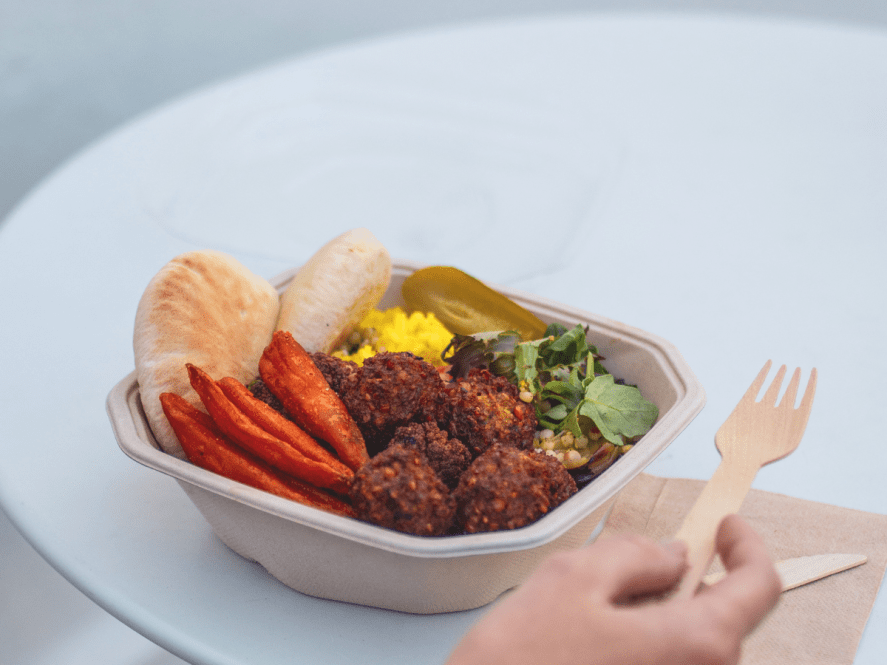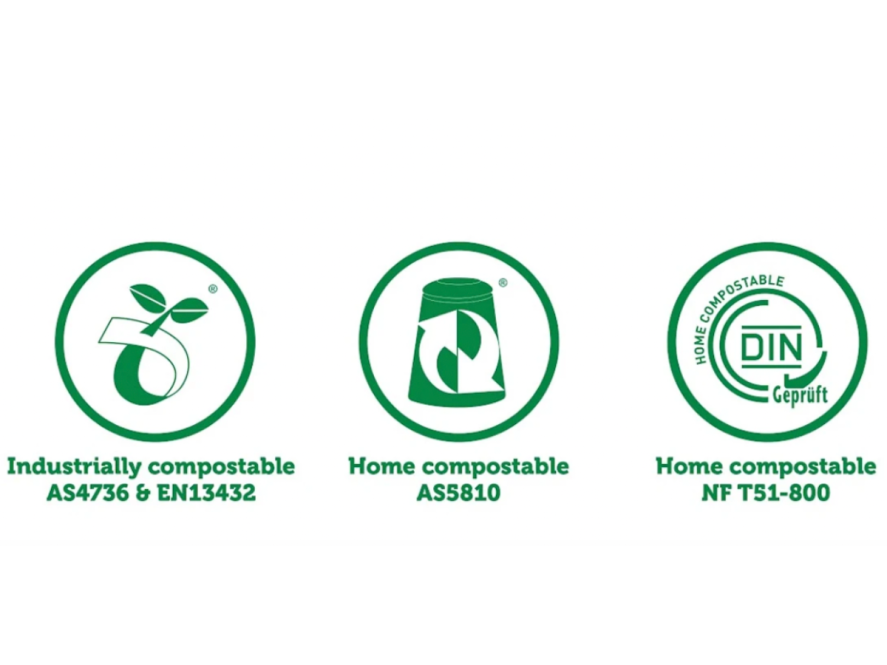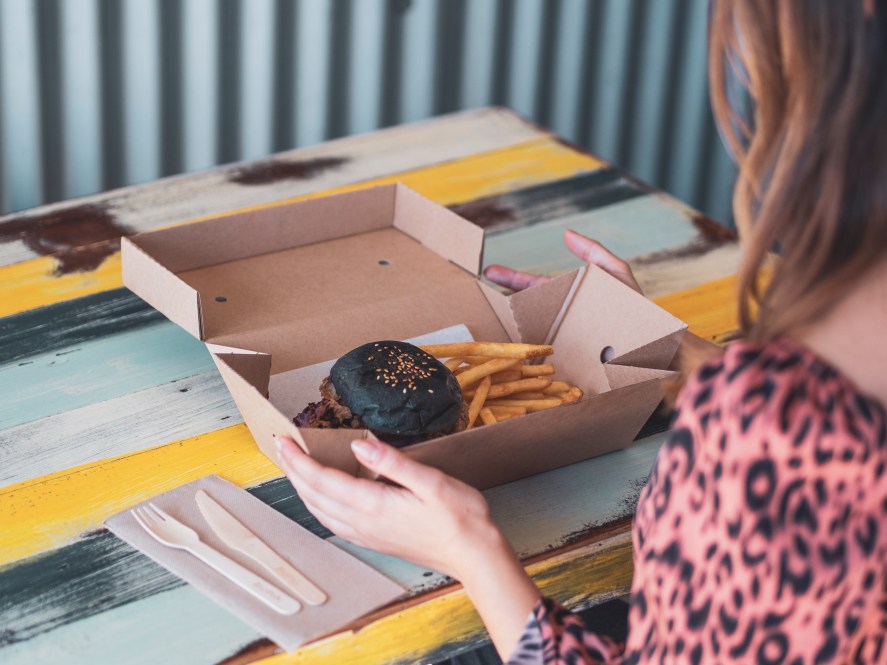With so many countries taking action on single-use plastic, it’s important for businesses to know what they can do to reduce their environmental impact.
Restaurants have a unique opportunity to address the problem of plastic pollution. According to a report by Beyond Plastic, restaurants are responsible for 44 per cent of all single-use plastic waste which is mainly composed of take-out food and drink containers.
Australia takes action
Australia produced 3.4 million tonnes of plastics in 2018-2019, from which 1 million tonnes was single-use plastic.
Fortunately, the Australian government is taking action to reduce single-use plastics in a big way. They have announced plans to phase out single-use plastics by the end of 2025. Its National Plastics Plan bans the following types of plastic waste: lightweight plastic bags, products misleadingly called “degradable”, plastic straws, utensils and stirrers, polystyrene food containers and packaging, and microbeads in personal health care products
In 2018, Australia’s national government established packaging “targets” for 2025 which says that within two years, all packaging should be reusable, recyclable or compostable, while 70 per cent of plastic packaging should be recycled or composted.

What the hospitality industry should know about the ban
BioPak, a leading sustainable packaging company, has prepared this easy-to-understand guide to help businesses stay ahead of the bans by simply searching their state to find out what items are banned. It also has a list of sustainable packaging alternatives they can use instead. BioPak offers certified compostable alternatives made from sustainably sourced and rapidly renewable materials
Why certifications matter
Certifications are important when it comes to ensuring that the food service packaging complies with regulations. It affirms that a company’s claims regarding the products, processes and social impacts have passed specific performance, sustainability and quality assurance tests, and demonstrates a company’s commitment to quality, safety and sustainability.
Compost symbols to look for on packaging

A product can only be called “compostable” if it has been certified by an independent third party. This certification proves that the product will break down in specific composting conditions, either at home or in a commercial composting facility.
This is why it’s common to see companies label their products as biodegradable instead of going for truly compostable materials. But doing so contributes to confusion around disposal and can result in incorrect disposal or littering — even though the company has tried its best!

Compostable food packaging: a solution tailored to the hospitality industry
BioPak products are made of sustainably sourced materials and certified compostable: when disposed of according to the correct conditions, their packaging breaks down completely.
Crafted from rapidly renewable materials, BioPak also offers customisable packaging solutions for businesses that want to minimise their environmental impact while showcasing their brand.
BioPak food packaging have undergone rigorous testing and are certified for home composting under AS5810 Australian standards and NF T51-800 European standards or for commercial composting under AS4736 Australian standards and EN13432 European standards.



